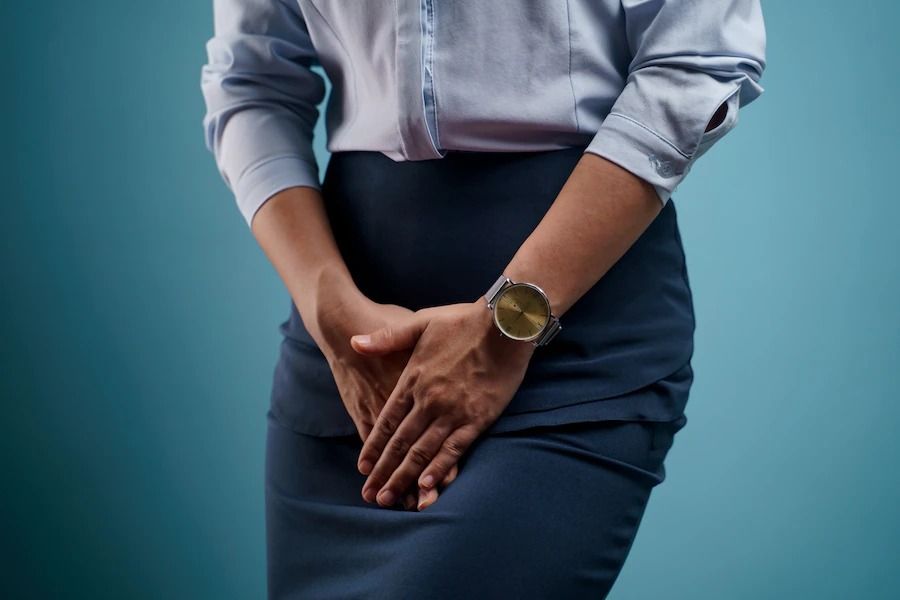Menopause is a natural biological process that occurs at the end of a woman’s menstrual cycle. A woman is said to be in menopause if she does not menstruate for 12 consecutive months. Menopause usually affects women between the ages of 40 and 50; However, this can vary based on age, race, ethnicity, genetics and medical conditions. Menopause occurs when the ovaries finally stop producing eggs and female sex hormone levels drop, signaling the end of a woman’s reproductive years. Menopause causes many changes in a woman’s body. Essentially, all menopausal symptoms are caused by aging of the body. It can be difficult to distinguish between the normal signs of aging and the signs of menopause as you get older.Also Read – Menopause Symptoms and Health Tips: 4 Easy Ways to Stay Healthy During Menopause
Menopause: Signs and Symptoms
Several health conditions and physical characteristics predispose to menopause which can vary in occurrence, intensity and severity for each woman. These symptoms indicate decreased estrogen production and hormonal fluctuations. Menstrual irregularities such as skipping periods, interrupted cycles, extended or short periods, heavy or light flow, spotting etc., are the foremost and most prominent signs of menopause. Menopausal transition can be recognized by experiencing the following symptoms. Also Read – Going through menopause? Add these 5 foods to your daily diet
- hot flushes – A sudden feeling of warmth spreads over the body, usually with the heaviest sweating on the face, neck and chest.
- Night sweats – Hot flashes that occur during the night are commonly called night sweats.
- cold flash – Menopausal cold flashes are chills that develop immediately or after a hot flash.
- Vaginal dryness – During premenopause, the vagina becomes dry, which leads to discomfort during sex.
- Urinary incontinence – Loss of bladder control varies from slight loss of urine after sneezing, coughing, or laughing to frequent urination and complete inability to control urination.
- insomnia – It is a sleep disorder that refers to persistent problems falling asleep and staying asleep.
- Emotional changes – Mood swings and emotional distress leading to irritability, anxiety and mild depression are also a symptom of the onset of menopause.
- Physical changes – When approaching menopause, women may find that their hair and skin become drier and thinner. Some women may experience weight gain, more fat around the waist, less muscle mass, and joint pain and stiffness
Some people may also experience the following: palpitations, headaches, joint and muscle aches and pains, changes in libido (sex drive), difficulty concentrating, memory lapses (often temporary), weight gain, hair loss or thinning. . Also Read – 5 Common Women’s Health Problems You Shouldn’t Ignore
Menopause symptoms are natural and normal; However, they may be unusual for some. A healthy diet, regular physical activity, and certain lifestyle changes can help relieve symptoms and improve overall quality of life during this transition. Precipitating factors such as smoking, alcohol consumption, caffeine dependence, stress and anxiety can exacerbate the effects of menopause and worsen symptoms; So should be avoided.
(With inputs from IANS)
$(".cmntbox").toggle();
);
);
.
Source link
